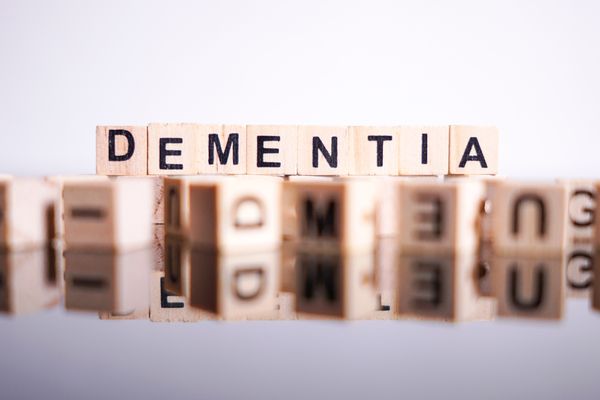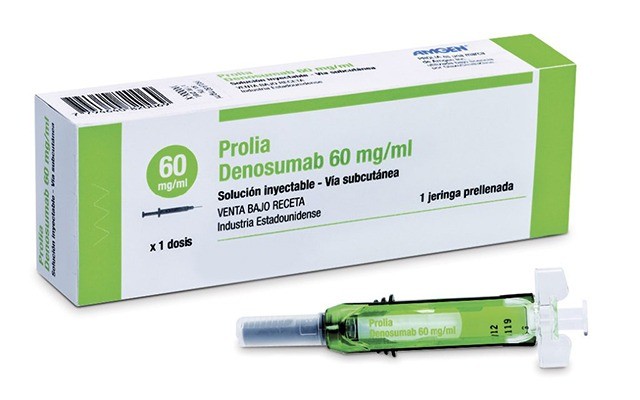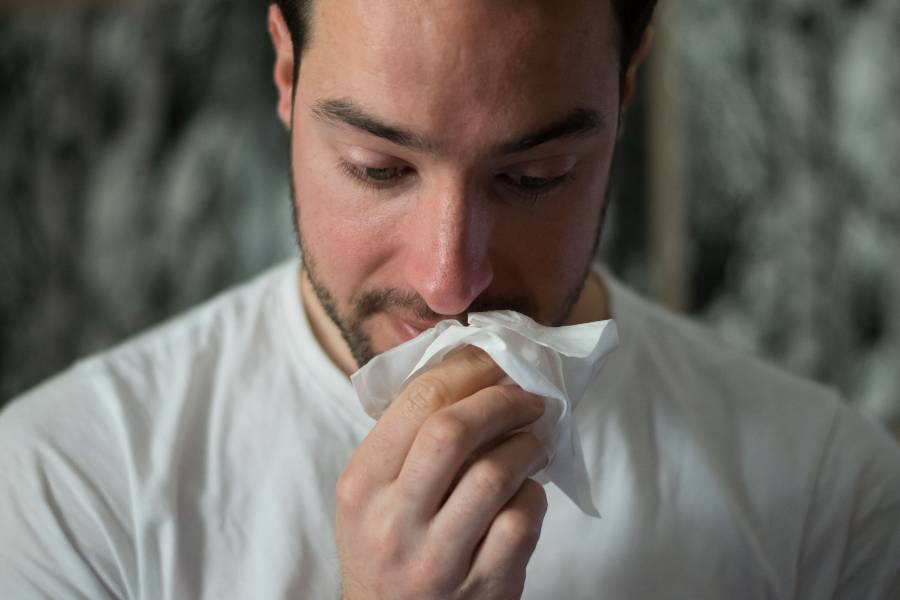Health
Top Food Triggers For Allergies And Asthma
Even small amounts of a certain foods can cause an allergic reaction for people with food allergies. Food allergies can cause a severe allergic reaction called anaphylaxis in some people. In some people, food allergies can cause severe symptoms and even a life-threatening reaction called anaphylaxis. 4 to 8 percent of children with asthma have food allergies, and about 50 percent of children with food allergies experience respiratory symptoms, including wheezing and shortness of breath, during an allergic reaction.
More common food allergens are gluten (from wheat and grains), shellfish, eggs, milk, tree nuts, peanuts, sesame seeds, and soy. Other foods that can trigger allergies include coconut, fruits and vegetables, meats, and spices like cinnamon. People who are allergic to specific foods can also potentially have a reaction to related foods.
Even beyond the fact that people with food allergies are more likely to develop asthma than people without food allergies, there is evidence that asthma increases the risk of serious allergic events, including a potentially life-threatening systemic reaction called anaphylaxis. It is unclear why people develop food allergies, although they often suffer from other allergic conditions such as asthma, hay fever and eczema.
Breathing difficulties in people with an allergic reaction to food are sometimes mild and present with transient episodes of shortness of breath. Sometimes, allergies can cause a serious reaction called anaphylaxis, even if the previous reaction was mild. This type of allergy is usually difficult to diagnose because symptoms take much longer to develop (up to several hours).
However, once a food allergy has developed, the best way to prevent an allergic reaction is to know and avoid foods that are causing the signs and symptoms. An allergic reaction to food can be frightening and even life-threatening for other people. According to the National Institute of Allergy and Infectious Diseases, it doesn't take a lot of food to cause a serious reaction in people with severe allergies.
Cooking some allergy-causing foods can eliminate the proteins that are causing the reaction, but research suggests that this is probably not the case when it comes to roasting, boiling, or roasting peanuts. Research is currently underway to find ways to desensitize certain food allergens, such as peanuts and milk, but this is not an accepted treatment in the NHS.
It can be difficult to pinpoint a specific allergy just by observing the symptoms, so if you suspect you have a food allergy, it is best to speak with a professional to confirm your allergy. None of the food allergy tests can tell you with 100% certainty which foods you are allergic to, but interpreting the results along with your symptoms can help determine which foods to avoid. Oral nutritional problems and no food diets can also help determine if an allergy exists or has been overcome. Your general practitioner or asthma nurse can help you figure out if you have allergies or sensitivities to certain foods.








